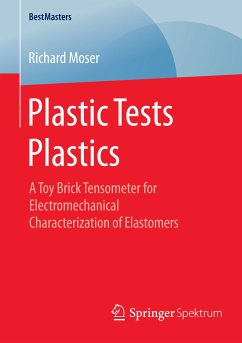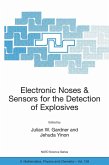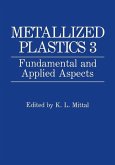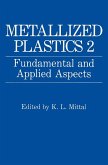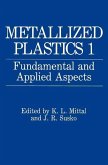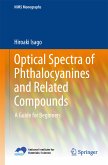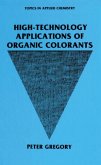Richard Moser shows how to use and upgrade toy bricks for the construction of a lightweight, low-cost, and easy to reproduce tensile testing setup. Tailored for the characterization of elastomers and stretchable electrodes, the setup is capable of performing stress-strain studies along with resistance-strain measurements. Based on the underlying theory of material deformation and rubber elasticity, the author applies the setup to mechanically characterize polydimethylsiloxane (PDMS) with different grades of stiffness. The versatility of the device is highlighted with the electromechanical characterization of stretchable thin film metal electrodes on PDMS. Applications of the author¿s setup range from using it as an educational tool in practical physics and engineering courses over being showcase in scientific exhibitions to its utilization as an inexpensive and reliable laboratory tool.
Contents
- Fundamentals of Elasticity
- Design of the Toy Brick Tensometer
- Stress/Resistance-Strain Measurements
Target Groups
- Teachers and students in technical and applied sciences, with focus on stretchable electronics
- Executives and specialists in the field of plastics and polymer engineering and research
The Author
Richard Moser studied Technical Physics at Johannes Kepler University Linz and wrote his Master Thesis at the Soft Matter Physics Department (Institute of Experimental Physics) under the supervision of Prof.Dr. Siegfried Bauer, where he is currently working on his PhD thesis.
Dieser Download kann aus rechtlichen Gründen nur mit Rechnungsadresse in A, B, BG, CY, CZ, D, DK, EW, E, FIN, F, GR, HR, H, IRL, I, LT, L, LR, M, NL, PL, P, R, S, SLO, SK ausgeliefert werden.

